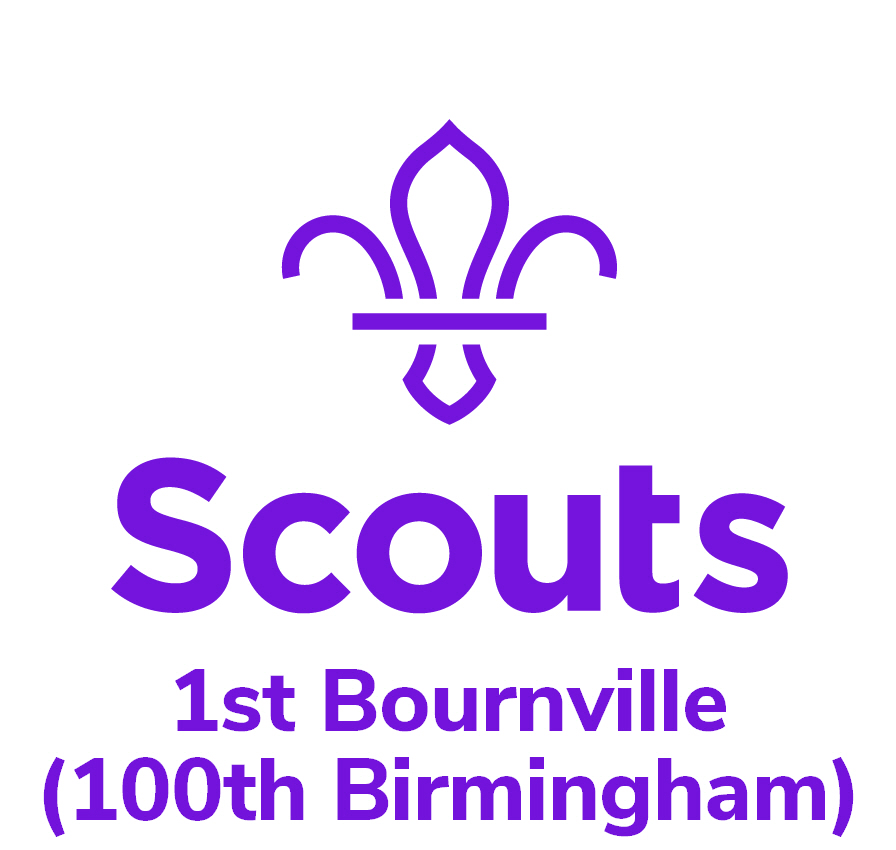Updating consent
Photo Consent
Medication Consent
Some sections contain consent for common medication. Before providing medication, we will usually try to get in contact with you to confirm beforehand. Consent is also verbally gathered from the young person, and the medication is explained to them. We will use their own recorded personal medication if they have this with them, for example, anti-histamines for hay fever.
If we have your consent, any medication provided is in the best interest of your young person. Medication is from the group’s first aid kit. Medication will be checked to ensure it has not expired and provided based on the manufacturer’s recommendations (i.e., following age ranges for dosage and frequency). Before providing medication, the dosage and frequency are checked by two leaders, and they both need to decide whether it is beneficial to provide it.
If you have consented to generic medication but are aware of any branded medication they are unable to take (for example, allergies, a bad reaction, being unable to take tablets, etc.), please let us know in the additional information boxes.
The following information is not medical advice, and you should complete your own research:
Antihistamines are used to help alleviate the symptoms of small allergic reactions. They can help alleviate reactions to bug bites (including bite cream). Sometimes they are used to help alleviate nausea or prevent motion sickness. (More information is available at https://www.nhs.uk/conditions/antihistamines/)
Ibuprofen is a common painkiller used to help alleviate symptoms from colds and flu. It can help with swelling and inflammation, such as after a sprain. They can also be used to treat high temperatures. We will avoid giving ibuprofen to young people with asthma unless this has been confirmed by their doctor and recorded on their notes.(More information available at https://www.nhs.uk/medicines/ibuprofen-for-children/about-ibuprofen-for-children/)
Paracetamol is another common painkiller that can also help alleviate headaches, stomachaches, earaches, and cold symptoms. It is also used to help reduce a high temperature. (More information is available at https://www.nhs.uk/medicines/paracetamol-for-children/about-paracetamol-for-children/)

